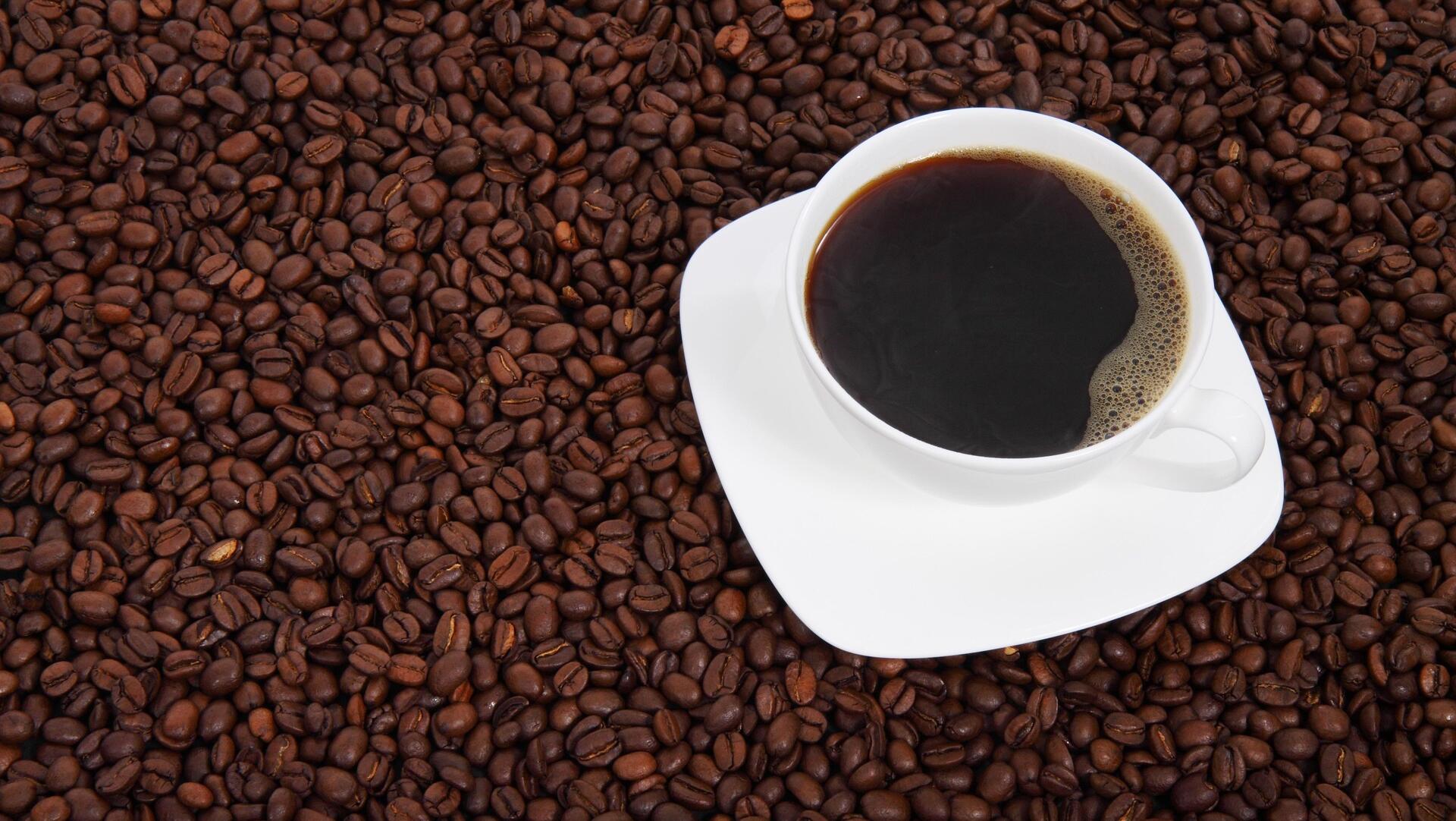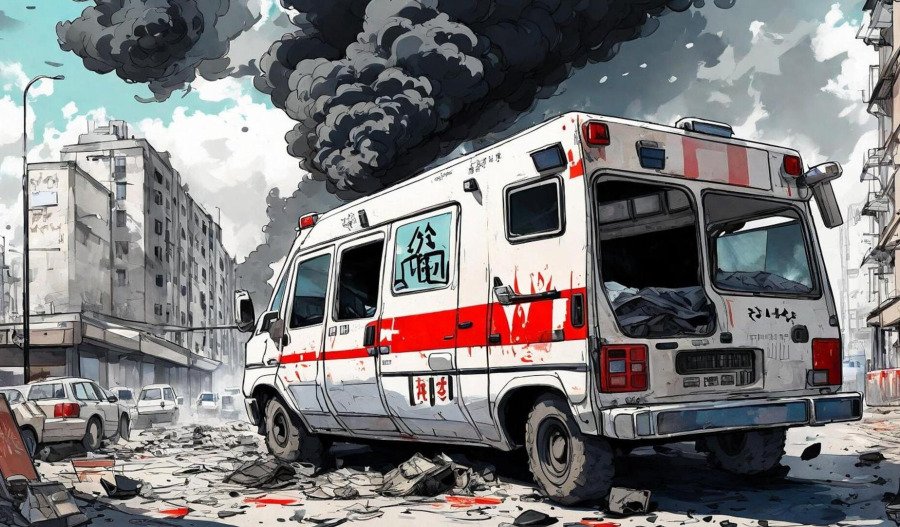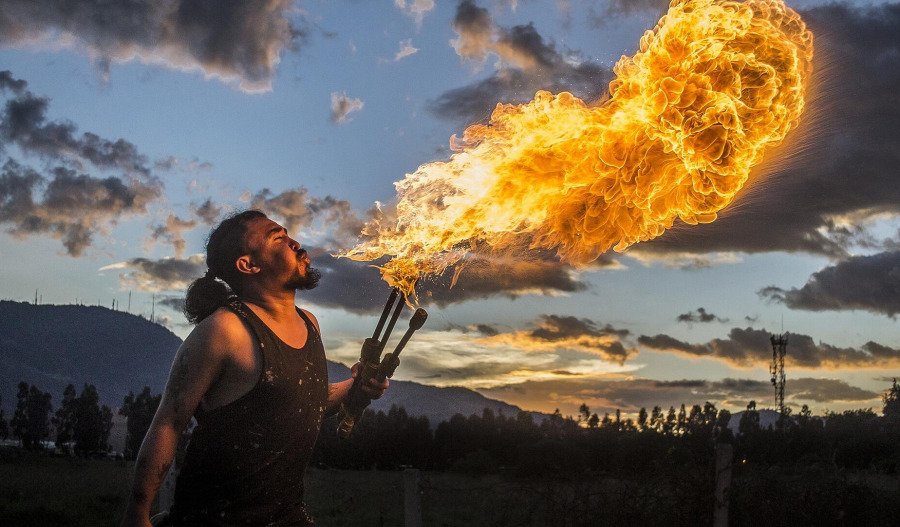While the United States Court of International Trade ruled late May that President Donald Trump overstepped his authority with reciprocal tariffs he issued in April, he still has until 31 July to impose any tariffs he likes - and impose them he has been.
One country that’s been in Trump’s tariff sites is Brazil.
However, the U.S. president's decision to slap a 50% tariff on the world’s fourth largest democracy has left a lot of people scratching their heads and asking why?
Given that Brazil is the single largest supplier of breakfast staples to the U.S., American consumers can expect to pay more for both coffee and orange juice, that’s assuming these tariffs proceed as planned from 1 August.
In an attempt to justify his rationale for these tariffs, the letter Trump sent to Brazilian President Luiz Inacio Lula da Silva cited grievances over the South American country's perceived trade deficit with the U.S.
However, on closer analysis no such trade deficit exists.
As it turns out, the U.S. had a trade goods surplus of $7.4 billion with Brazil last year and has not had been in a trade deficit with Brazil for the best part of 20 years.
But that didn’t stop Trump from penning a letter which read:
“These tariffs are necessary to correct the many years of Brazil’s Tariffs and Non-Tariff, Policies’ and Trade Barriers, causing these unsustainable Trade Deficits against the United States. This Deficit is a major threat to our economy and indeed, our National Security!”
Since then, Trump has doubled down on his grievances against Brazil by commissioning the Commerce Department to investigate allegations of Brazilian trade practices under Section 301 of the 1974 Trade Act.
Industry groups were quick to denounce the tariffs as politically motivated and lacking any commercial justification.
"In general, with the major exception of a more radical conservative wing, (Trump’s move) generated national outrage for violating Brazil’s sovereignty," lawmaker Arnaldo Jardim, a member of the congressional agricultural caucus, told media.
Meanwhile, whether he intended to or not, Trump revealed the real reasons for his beef with Brazil in the opening stanza of his letter to the Brazilian President:
"The way that Brazil has treated former President [Jair] Bolsonaro, a Highly Respected Leader throughout the world… is an international disgrace. This trial should not be taking place.”
Trump clearly sees parallels between the 6 January 2021 storming of the U.S. Capitol, and efforts by his right wing ally to overturn by force his own election loss in 2022 when his supporters took to the legislature, Supreme Court and presidential palace in the country’s capital Brasilia.
After learning that Bolsonaro’s son Eduardo – who lives in the U.S. - has been lobbying the U.S. to help his father, Brazilian Supreme Court Justice Alexandre de Morales accused the former president of conspiring with foreign powers against Brazil.
After federal police raided Bolsonaro’s home and political office, Bolsonaro has since been denied contact with foreign governments, banned from using social media and has been forced to wear an ankle monitor.
In retaliation, the U.S. Secretary of State Marco Rubio is contemplating sanctions against judge Morales under the Magnitsky Act, which is a law created to publish human rights violators.
While all this is playing out, Trump’s own Truth Social website is suing Morales in a U.S. court and is claiming that the Brazilian Supreme Court is issuing “hundreds of SECRET and UNLAWFUL Censorship Orders to U.S. Social Media platforms.”
Meantime, Trump’s attempts to undermine the Brazilian President appear to have backfired, with the 79-year-old leftist president’s popularity having grown since the U.S. president imposed his tariffs.
“A gringo will not give orders to this president,” Lula told a student assembly last week.
Not unlike Australia, Brazil is well positioned to stand up to bullying from the U.S. with its exports accounting for less than 2% of its economic output.
According to private pollster Atlas, Lula’s job approval rose from 47.3% in June to 49.7% since the tariff battle began.
"Trump has put Lula back in the game," notes Thomas Traumann, an independent political consultant and former spokesperson for the Brazilian presidency.
Only weeks earlier, Traumann argued that Lula had lost his front-runner status in the presidential race as he struggled to deliver on his economy promises.
"Trump handed it to Lula on a silver platter," Traumann said.
Related content



